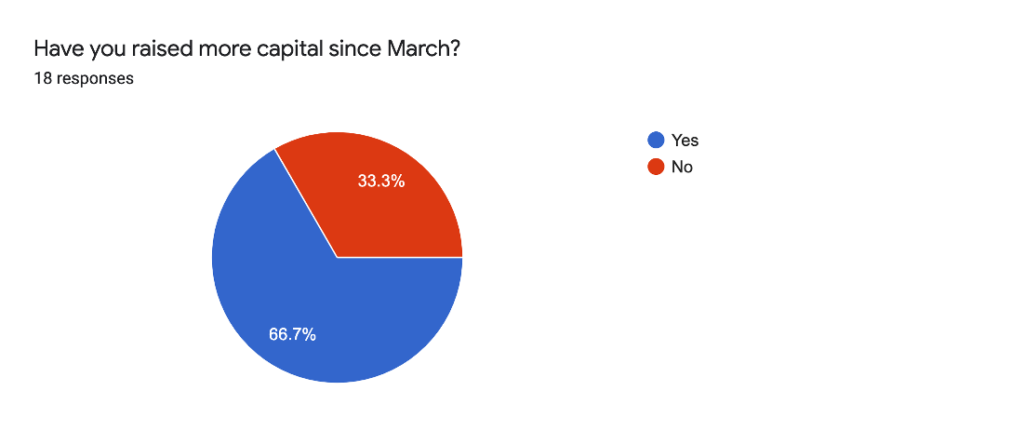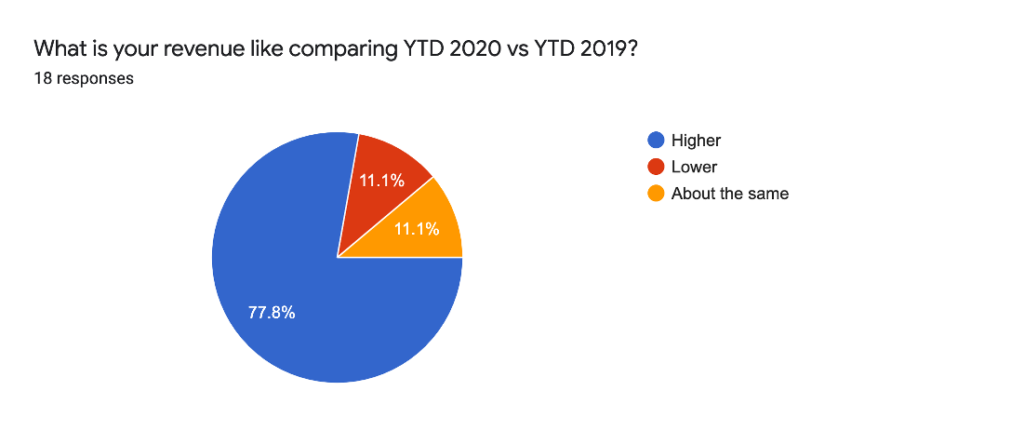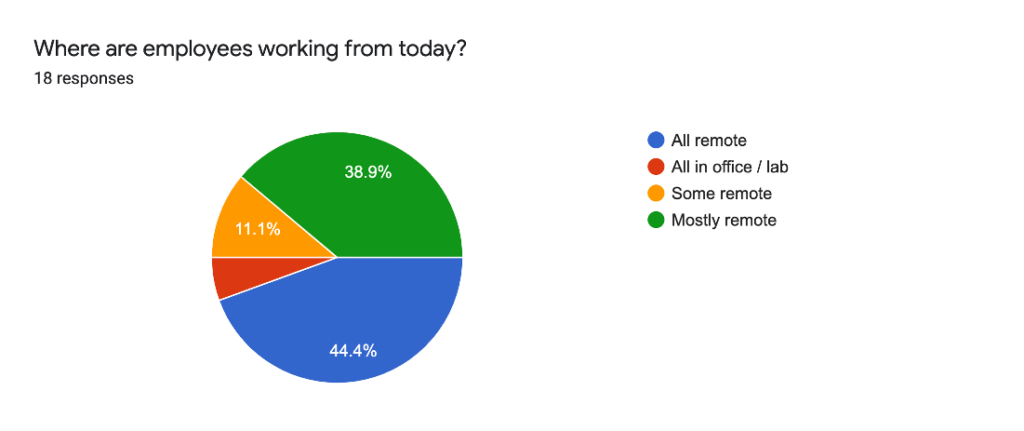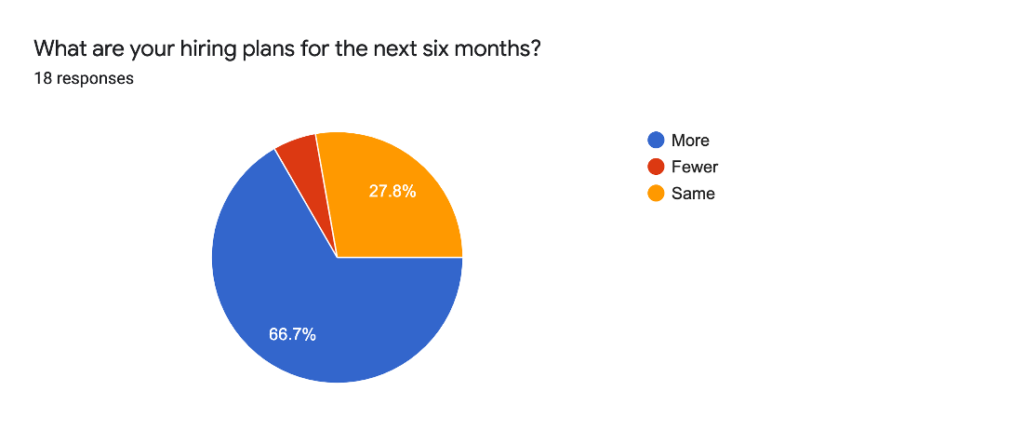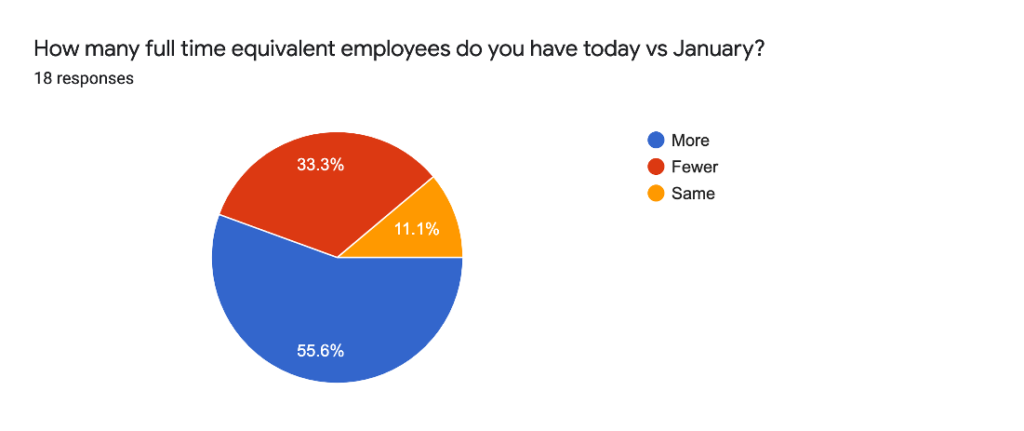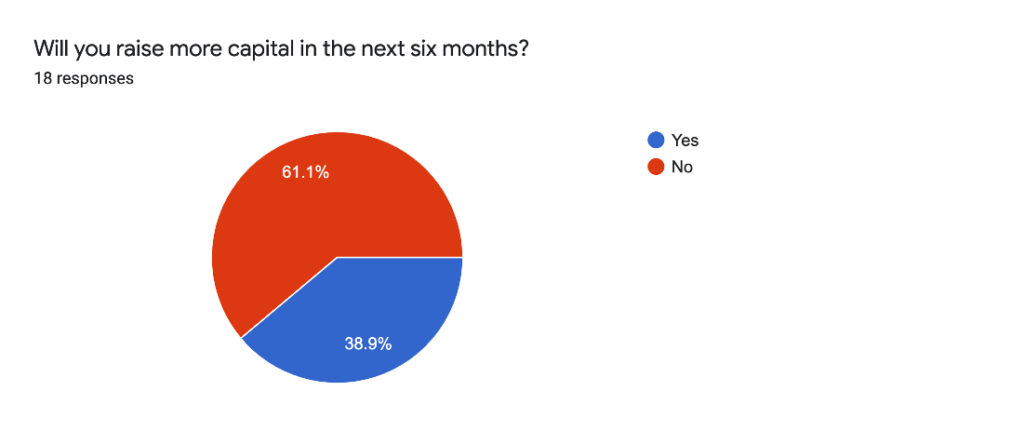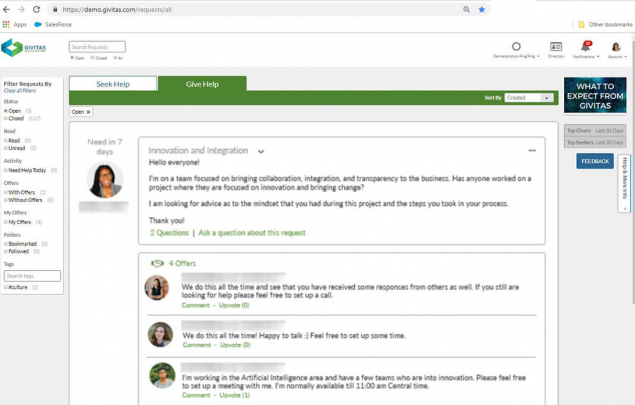Genomenon Earns Prestigious Luis Villalobos Award for Life Sciences at the 2021 ACA Annual Summit

The Angel Capital Association (ACA) hosted a virtual celebration at its annual summit on May 5 to recognize two innovative companies and one outstanding individual contributor to the world of angel investing. The prestigious Luis Villalobos Award recognizes companies recently financed by members of the ACA that display an inspiring level of creativity, innovativeness, and ingenuity. This year, a Michigan Angel Fund portfolio company, Genomenon, Inc., was honored as the winner for the Life Sciences category.
One in 15 people suffer from a rare disease, 80 percent of which are genetically driven. Taking an average of seven years to finally receive a diagnosis, rare disease patients endure a battery of clinical visits and invasive medical tests. Genomenon shortens this diagnostic odyssey by connecting patient DNA to scientific research and putting the findings at the fingertips of the treating clinicians — empowering them to make faster genetic diagnosis and treatment decisions.
Leveraging AI technology, the company has built the Mastermind Genomic Search Engine®, which is used by more than 1,000 genetic testing labs and hospitals worldwide. Genomenon’s AI-driven genomic data is also used by its pharmaceutical customers to gain a profound understanding of the genetic drivers for a disease to accelerate target discovery and identify genetic biomarkers for clinical trial stratification.
Coming on the heels of a successful 2020, when the company doubled its revenue and customer base, Genomenon’s flagship product has become the world’s leading genomic search engine. With more than 12,000 users in 140 countries, Mastermind has become the de facto solution used in the rare genetic disease and cancer diagnostic space. Frost and Sullivan named Genomenon the 2020 Genomic Company of the Year based on its success in the marketplace and its impact on clinical genomics.
The Michigan Angel Fund was an early investor in Genomenon. “We all look for companies with game-changing technology and an expert team that can execute getting the product to a global market. Genomenon is such a company,” said Skip Simms, Michigan Angel Fund managing director and Ann Arbor SPARK vice president. “We are proud of this investment and potential to serve people with a quicker, effective diagnosis for better health.”
“Michigan Angel Fund has been a key partner to Genomenon — supporting the company since our founding and through our continued growth,” said Mike Klein, CEO of Genomenon. “The nomination of this award by Michigan Angel Fund and the recognition of the Angel Capital Association for this award is a great honor.”
About the Michigan Angel Fund
The Michigan Angel Fund (MAF) focuses on providing funding to capital-efficient, early-stage companies located in Michigan. It works closely with other stakeholders in the Michigan entrepreneurial ecosystem to ensure that MAF invests in the most promising companies and to ensure the future success of these companies and its investments. For more information, visit miangelfund.com
About Genomenon
Genomenon is an AI-driven genomics company that organizes the world’s genomic knowledge to connect patient DNA to scientific research in the diagnosis and development of treatments for patients with rare genetic diseases and cancer. Genomenon was named Global Company of the Year in Clinical Genomics Interpretation by Frost & Sullivan. For more information, visit Genomenon.com


